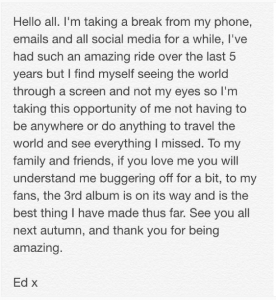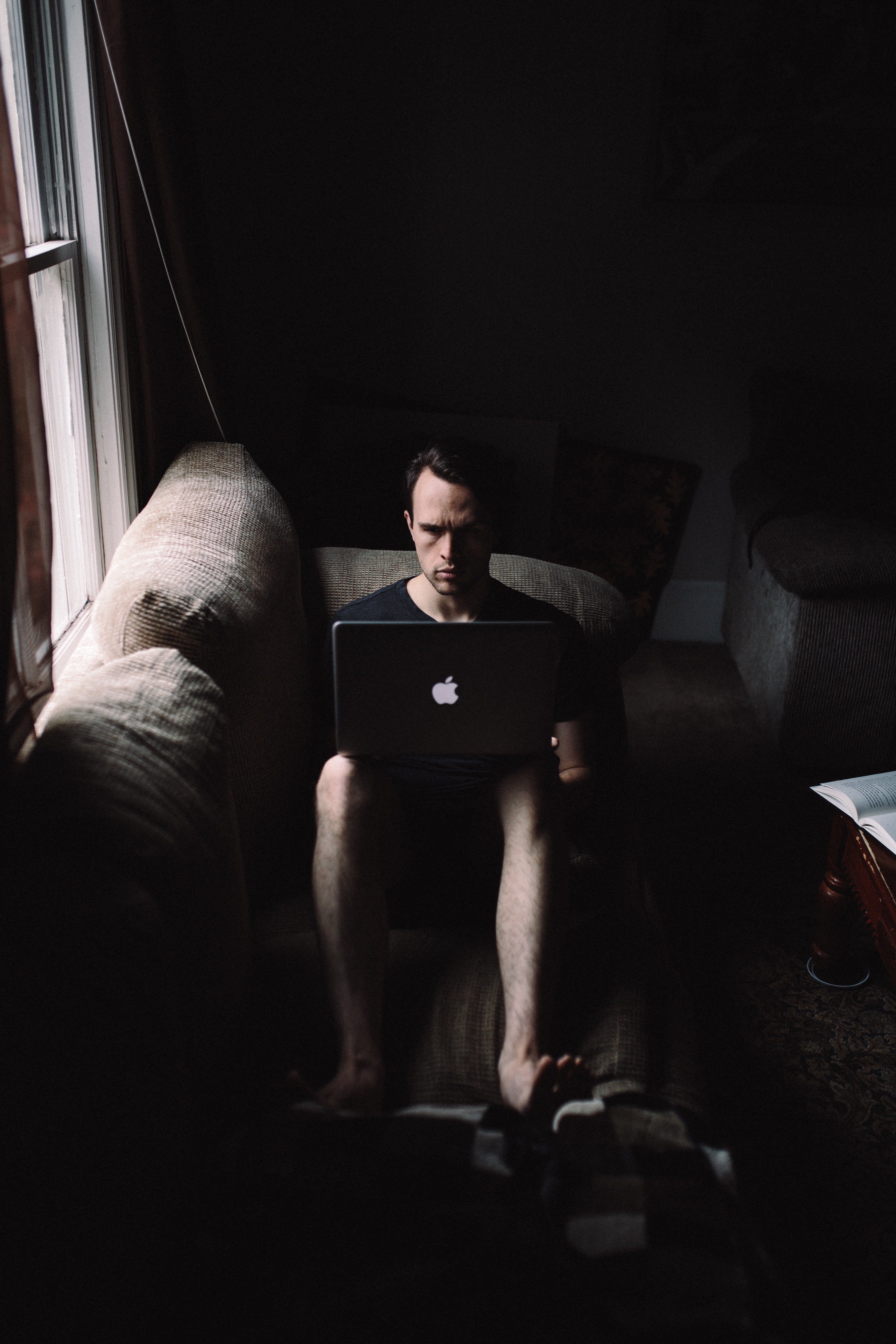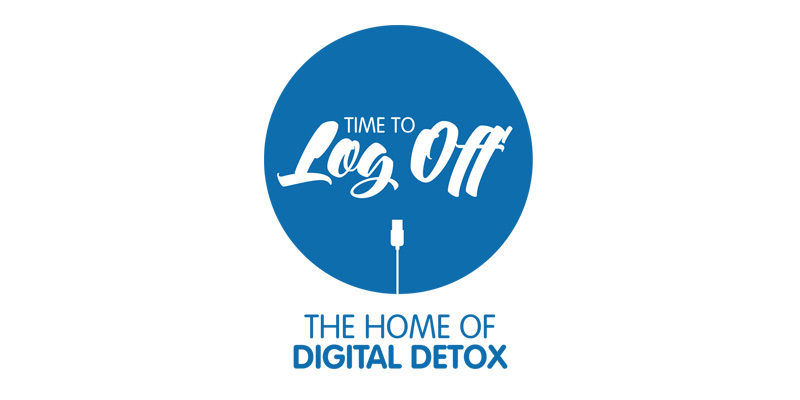
05 Dec Was 2016 the year of internet addiction?
Here at Time To Log Off, we’ve been emphasising the need to recognise internet addiction for quite some time. 2016 is drawing to a close, and it appears to have been the year that we’ve all woken up to our dependency on the digital world; can we call it the year of internet addiction?
When does usage become addiction?
‘Addiction’ can often be a hard state to define, especially in regard to something as all encompassing as the internet. How much is too much? Are you addicted even though all your friends spend the same amount of time online?
Generally, overuse of the internet becomes addiction to the internet when excessive usage is stopping you from doing other things in your life that are desirable and important. If being online is stopping you spending time with friends, exercising, eating or even sleeping then it’s becoming an addiction.

What changed in 2016?
In Ofcom’s Annual Communications Report, nine in ten UK adults reported going online every day, and six in ten said that they were ‘hooked’ to the internet in some way. However, is being hooked to being online a problem? Well, four in ten users admit that they think they spend too much time online, and that it causes them to neglect other parts of their life. More worryingly, 40% of people said they had felt ignored by a friend or relative in the last year who was engrossed in their connected device.
So although general internet usage is not significantly more than in 2015, it appears that people are realising that what they have come to see as a ‘normal’ amount is actually too much. Ofcom’s statistics suggest that people are beginning to realise that those around them, as well as themselves, are suffering from internet addiction. With Ofcom reporting 44% of people attempting to have a digital detox in one way or another, the statistics suggest that a big section of the UK population is even trying to do something about it.
More celebrities logged off in 2016
Celebrities quitting the internet (particularly social media), isn’t a new phenomenon. Way back in 2012, Zayn Malik briefly quit Twitter, and in 2015 Ed Sheeran famously quit social media as he found himself “seeing the world through a screen and not eyes”. However, in 2016 three particularly high profile social media users have all quit Instagram: Justin Bieber, Selena Gomez and Kendal Jenner. Selena Gomez spent 90 days offline and although Jenner has now returned to the site, Bieber remains away.
Do high-profile social media boycotts have an effect on the average user’s feelings towards internet addiction? Often, celebrities log-off because of reasons unique to celebrities, such as being targeted by online trolls. However the knowledge that celebrities such as Ed Sheeran and Kendall Jenner are cutting down on social media undoubtedly has some influence on the public sphere. Ed Sheeran spoke about how he felt he was missing out on life experience because of his overuse of the internet, and Kendall Jenner laments the fact people often have their phones out during dinner.

If 2016 was the year of internet addiction, will 2017 be the year of digital detox?
So, if this was the year that more and more users have started to realise that they are spending an unhealthy amount of time online and feeling that it might be tipping over into addiction, how do we fix that? On the rest of our journal, we have a number of articles which will give you advice on how to cut down your internet usage, including our five easy digital detox tips.
Don’t forget that a digital detox isn’t a complete cull of digital, the goal is to bring your internet usage away from a level that you recognise might be excessive, towards something that is a bit more manageable. You’ll be amazed at how good it will make you feel!






Sorry, the comment form is closed at this time.